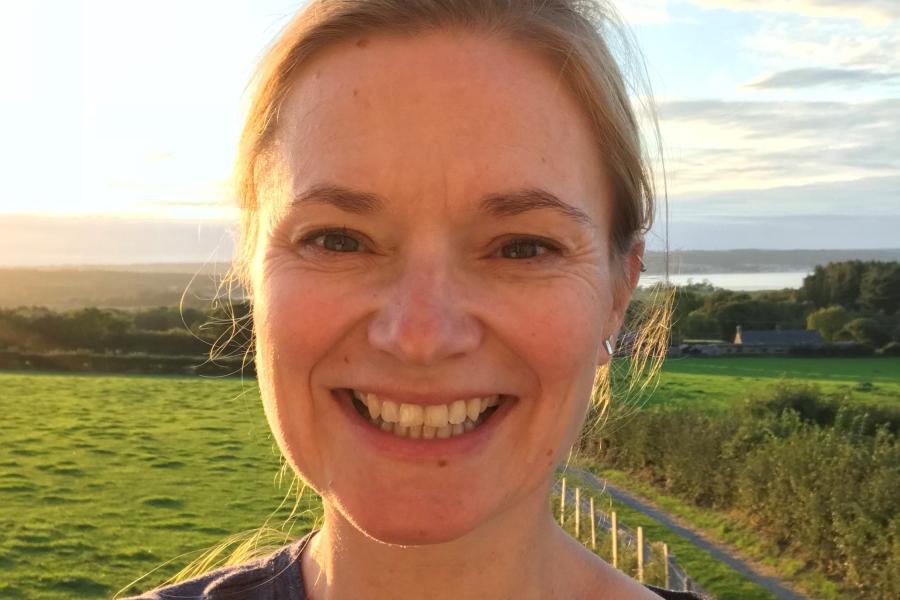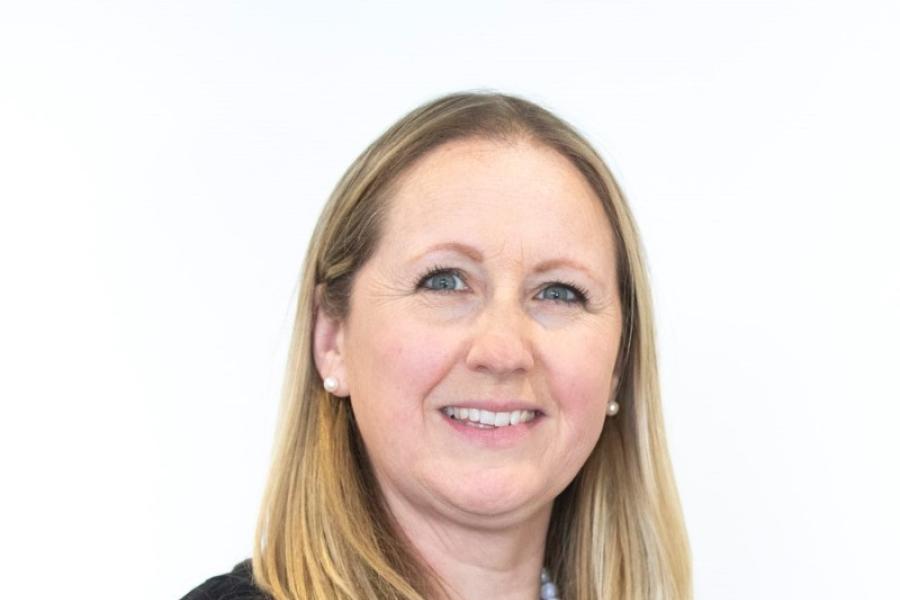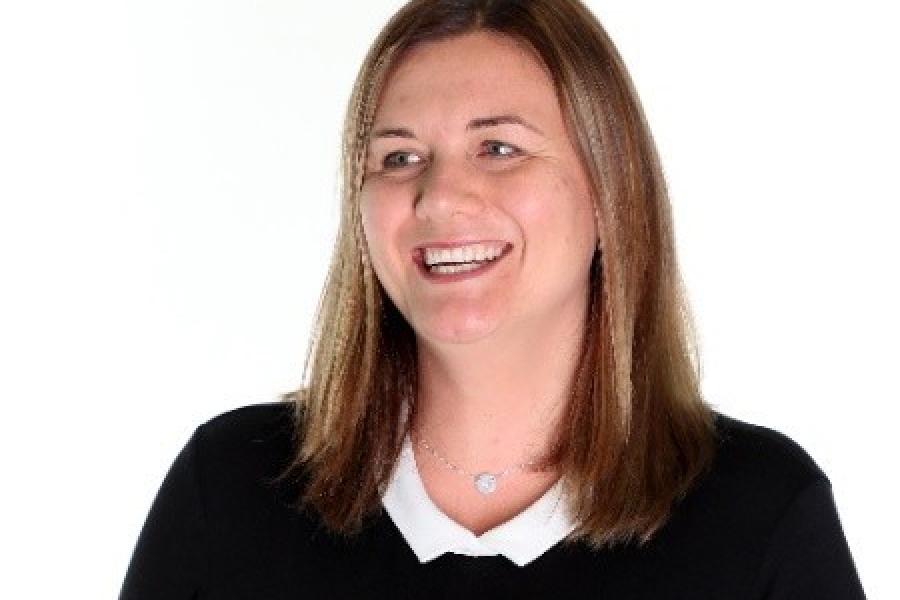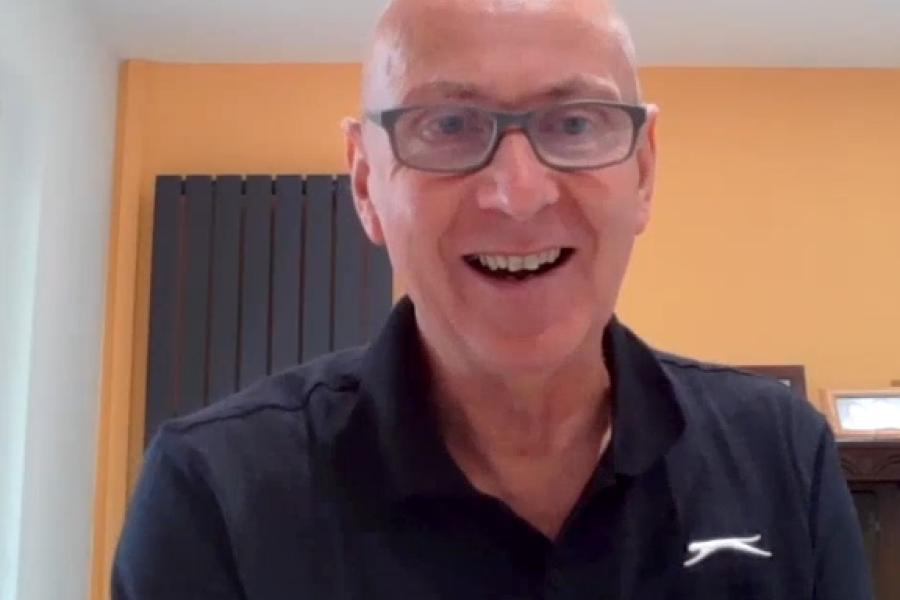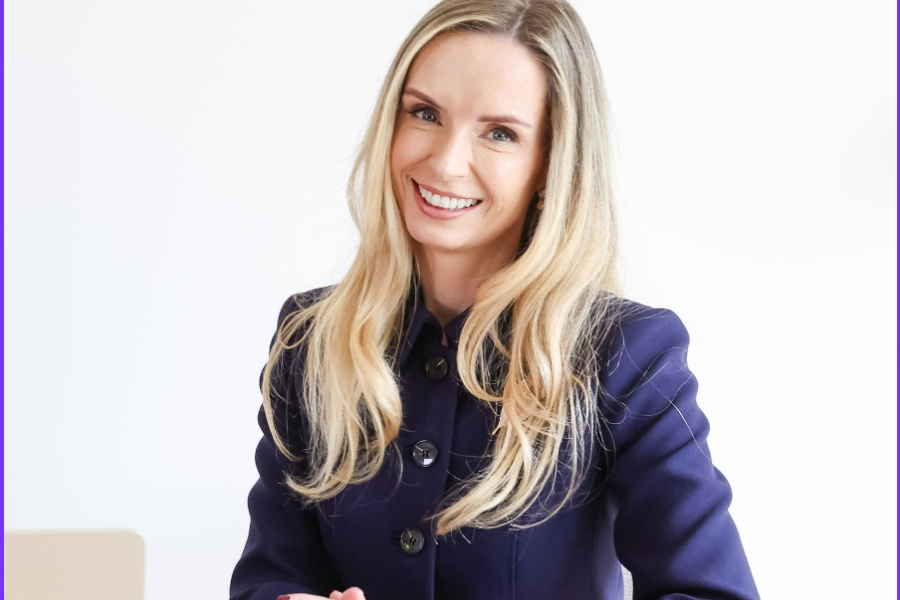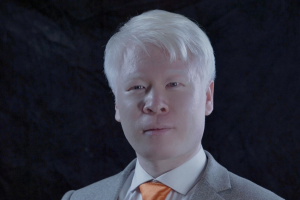Podlediad ceiniog am dy feddyliau
Mae’r podlediad yn adeiladu ar ysbryd a gwerthoedd y chwarelwyr a’r ffermwyr gweithgar hynny yn y 19eg Ganrif a gyfrannodd y ceiniogau a fu’n hanfodol i sefydlu Prifysgol Bangor yn 1884. Roeddent yn grediniol bod gwerth i gcyflwyno gwybodaeth academaidd ac ymchwil gerbron y gymuned, ac felly ninnau hefyd yn Ysgol Busnes Bangor. Mae'r gyfres hon o bodlediadau’n cynnwys yr wybodaeth ddiweddaraf, damcaniaethau newydd a barn ein harbenigwyr a syniadau ar faterion busnes pwysig.
Dilynwch a Thanysgrifiwch
Bydd penodau newydd yn rheolaidd. Cofiwch ddilyn a thanysgrifio i'r Podlediad Ceiniog am dy feddyliau ar Anchor, Spotify, Apple Podcasts neu Amazon Music.
Cwrdd â'r tîm
Siaradwyr gwadd diwydiant
CYSYLLTWCH Â NI
Gweler y Trydariadau diweddaraf gan @Bangor_Business









